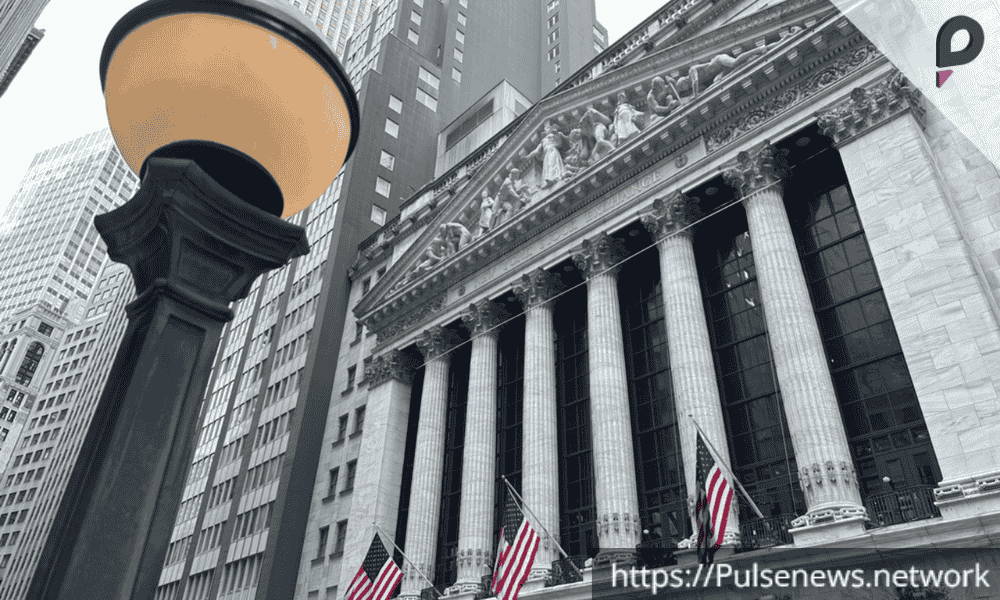New York: Wall Street is bracing for economic turbulence after President Donald Trump signed an executive order imposing tariffs on major U.S. trading partners. Investors fear these tariffs will impact corporate profits and drive higher inflation, potentially shaking financial markets.
Details of the Tariffs
The order enforces a 25% tariff on imports from Mexico and Canada and a 10% tariff on goods from China. These tariffs are set to take effect on Tuesday at 12:01 a.m. ET, according to the White House. Additionally, a 10% levy on Canadian energy supplies imported into the U.S. is included in the package.
Trump stated that Mexico, Canada, or China can do nothing to prevent the tariffs, although he suggested a possible exemption for Canadian oil.
Market Reactions and Investor Concerns
The financial sector is uncertain about the long-term effects of these tariffs. Investors have largely supported Trump’s economic policies, but analysts suggest that this move could shake market confidence.
Mark Malek, CIO at Siebert Financial, stated, “Until now, the market has been on Trump’s side, but this could be the turning point where the market begins to challenge him.”
Some investors still believe that Trump’s actions could be a negotiating tactic. Rick Meckler, a partner at Cherry Lane Investments, mentioned, “If there is a delay in implementation, it may be seen as a bargaining strategy rather than a permanent policy.”
Economic Impact on U.S. Businesses
The new tariffs could have a significant financial impact on U.S. companies.
- Barclays strategists estimate a 2.8% drop in S&P 500 earnings due to these tariffs, including the expected retaliation from affected countries.
- Goldman Sachs economists predict a 0.7% increase in core inflation and a 0.4% decline in GDP if the tariffs remain in place.
- Higher inflation could force the Federal Reserve to halt interest rate cuts, further pressuring economic growth.
With the Federal Reserve recently pausing its rate-cutting cycle, Fed Chair Jerome Powell has stated that the central bank is “waiting to see what policies are enacted” before making further adjustments.
Stock Market Volatility Expected
Analysts anticipate that the tariffs will trigger a market selloff when trading resumes on Monday.
Gene Goldman, CIO at Cetera Financial Group, warned that high valuations, inflation concerns, and uncertainty over Fed policy could lead to declines.
Evercore ISI strategists estimate that the S&P 500 could swing between 3% to 5% in either direction in the short term.
Colin Graham, head of multi-asset strategies at Robeco, noted, “Geopolitical events like these are unpredictable. Investors must adapt quickly to the changing landscape.”
Conclusion
Wall Street is preparing for a volatile week as the new tariffs take effect. Investors are closely monitoring corporate earnings reports, inflation trends, and Federal Reserve policy to gauge the full impact. If tariffs remain in place, the U.S. economy could face rising costs, profit pressures, and increased market uncertainty.












